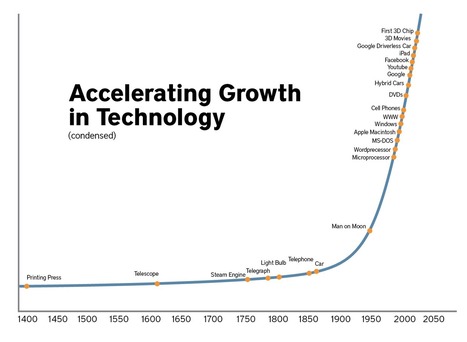Le paradoxe d’internet est qu’il repose sur du code, et que ce code est largement accessible à tous : le futur d’internet serait-il sa disparition ?
Research and publish the best content.
Get Started for FREE
Sign up with Facebook Sign up with X
I don't have a Facebook or a X account
Already have an account: Login
 Your new post is loading... Your new post is loading...
 Your new post is loading... Your new post is loading...
|
|












Le futur d’internet sera ce que nous en ferons. Nous en ferons ce que nous en avons compris. Et nous le comprendrons uniquement si nous avons été enseignés dans les trois matières non négociables si l’on veut éduquer des ingénieurs et citoyens libres : les mathématiques, la philosophie et l’histoire. Alors seulement le futur d’internet sera celui d’un bien commun.